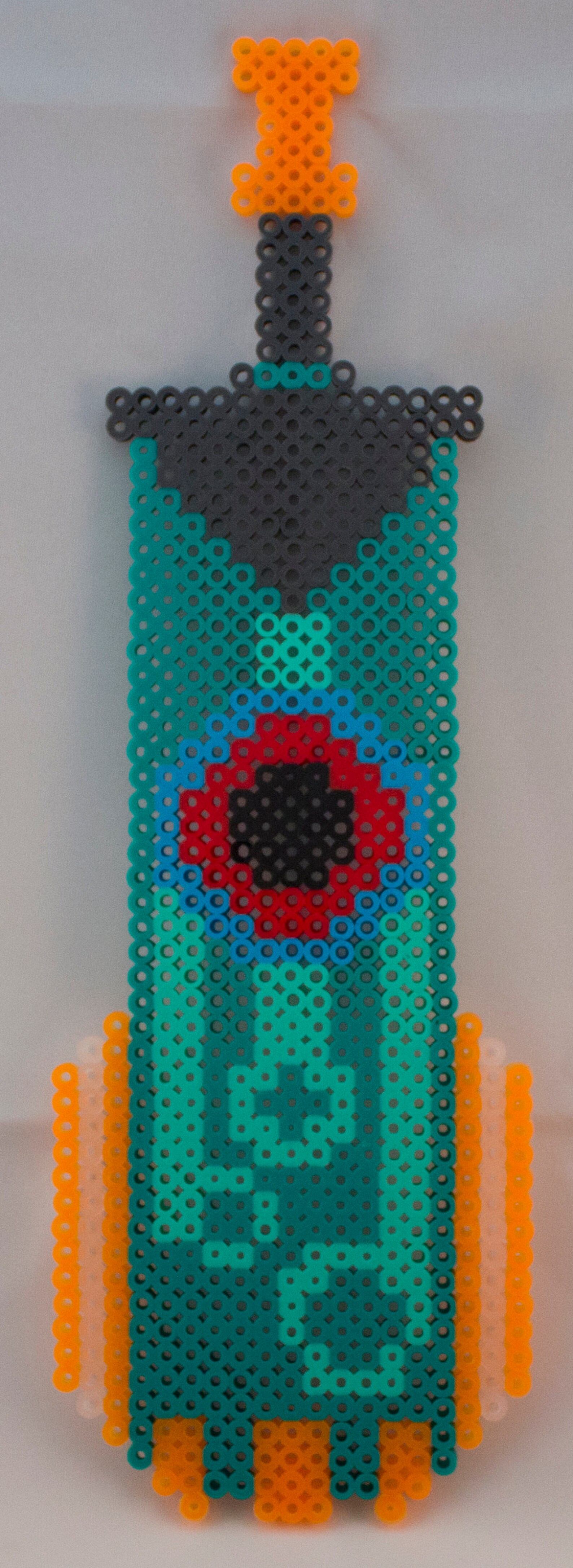

The downside - and this is probably part of why the undo function exists - is that Turn() sometimes feels fiddly, asking you to make and finesse exacting position-related choices using Transistor's very retro but sometimes confusing isometric perspective. So you can get a glimpse of the future, in precise "this is what'll happen if you do that" terms, then back up a step or three if you want to try something else. It's where you build all those custom-tailored abilities into lethal attack formulae, dropping functions into sequential chains like words in a sentence - while the game kindly pauses for you. Turn() is the meat and potatoes of Transistor's gameplay. You can actually try to fumble your way through the action without it, since the game doesn't force turn-based play on you. My favorite part of the game at this point, the feature that pulls all the other pieces together, is Turn().
#Transistor sword upgrade
You have to commit, or at least commit to a play style, crafting a four-way stack of functions with active, upgrade and passive slot effects that complements your penchant to either smack enemies upside the head or pelt them from a distance. Then you can map abilities like the ones mentioned above to buttons or keys.īut there's no pull-down character menu or ability-fiddling screen, the kind you expect in an RPG, when you're out and about.

You'll kit out your combat profile by tapping "access points" stationed around the city of Cloudscape, little terminals that rise from the ground Tron-like to let you tap Transistor's memory. That's where Transistor leaps from being a cool-sounding idea with a promising setup to something that's downright riveting to play. Now imagine rearranging those abilities, each one tactically potent and weaponized in its own right, like shifting variables around in a relational database or colors on a Rubik's Cube.


 0 kommentar(er)
0 kommentar(er)
